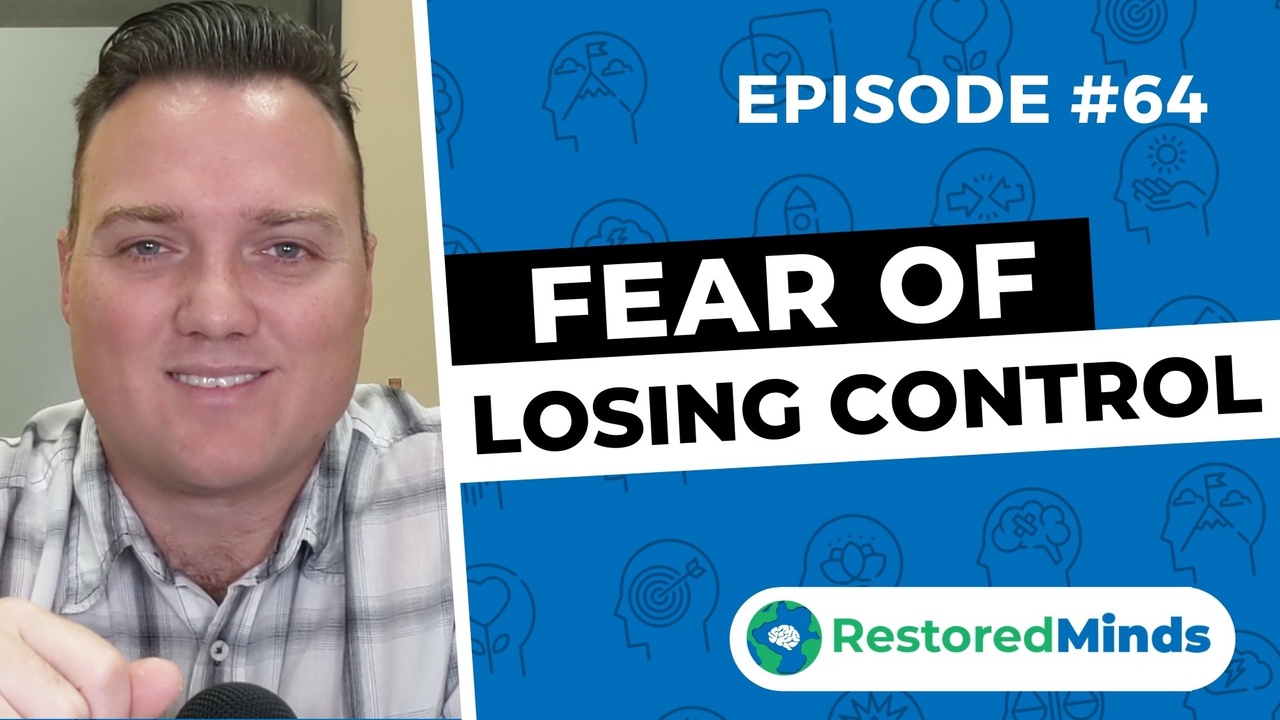Fear of Losing Control
Jan 26, 2021
Understanding and Overcoming the Fear of Losing Control
What is the Fear of Losing Control?
The fear of losing control revolves around the anxiety that you might unexpectedly do something completely out of character. This includes worries about accidents or harmful actions that you would never normally undertake. Whether it's the fear of veering off the road while driving or the fear of harming a loved one, these thoughts cause a profound psychological strain.
Psychological Stress vs. Acute Danger
To comprehend the fear of losing control, it's essential to understand the difference between acute danger and psychological stress. Acute danger, like facing a wild animal, triggers an immediate stress response. Psychological stress, however, stems from our brain's ability to imagine future events. Our brain then reacts as if these imagined scenarios are currently happening, prompting us to engage in "safety behaviors" to avoid the perceived threat.
The Loop of Psychological Stress
Safety behaviors, while seemingly helpful, actually reinforce the notion that the imagined danger is real. This keeps you stuck in a vicious cycle where the fear perpetuates itself. For example, if you’re afraid of losing control while driving, avoiding driving altogether only strengthens this fear, making your world smaller and smaller.
The Difference Between Impulse Control and Fear of Losing Control
A crucial distinction to make is that people with a fear of losing control have thoughts that are completely uncharacteristic and have never acted on these impulses. This differs from impulse control problems where individuals do carry out these actions. Understanding this difference helps in correctly identifying the issue and seeking appropriate treatment.
Ego-Syntonic vs. Ego-Dystonic Thoughts
In battling the fear of losing control, it's beneficial to differentiate between ego-syntonic and ego-dystonic thoughts. Ego-syntonic thoughts align with your self-perception, while ego-dystonic thoughts are the opposite. Recognizing that ego-dystonic thoughts aren't truly reflective of who you are is the first step towards addressing them.
Strategies to Overcome the Fear
At Restored Minds, we emphasize the importance of separating yourself from these intrusive thoughts and responding appropriately. This begins with understanding that the content of the thought isn't the actual problem but rather the loop it creates. We have specific training programs for this, which you can explore further through our resources.


